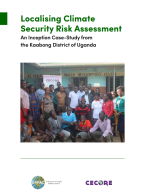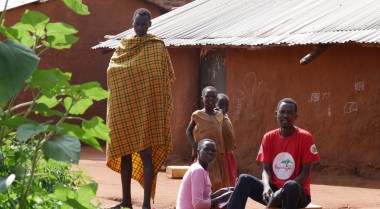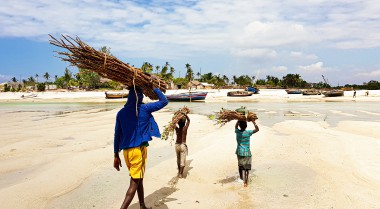Localising Climate Security Risk Assessment: An Inception Case-Study from the Kaabong District of Uganda
This case study summarises the first time implementing a Climate Security Guidance Note – a practical step-by-step guide for the localisation of integrated climate security risk assessment in the Kaabong district of Uganda. It outlines developing a localised climate security risk assessment methodology and presents its five steps.
The report summarises the findings from implementing the Guidance Note's five steps for localising climate risk:
- Understanding the link between climate and security
- Uniting key actors around common goals
- Developing methodologies for data collection
- Analysing collected data
- Communicating findings
UNDP and GPPAC are working to develop a Climate Security Guidance Note to localise integrated climate security risk to find opportunities to strengthen climate action and peacebuilding. The Guidance Note will serve as a practical resource for peacebuilding experts that merges an understanding of climate change vulnerability and risk on the one hand and conflict risks and sensitivity on the other and provides an integrated framework for conducting climate security risk assessments at the local level.
The Center for Conflict Resolution (CECORE) piloted this case study in Uganda.



